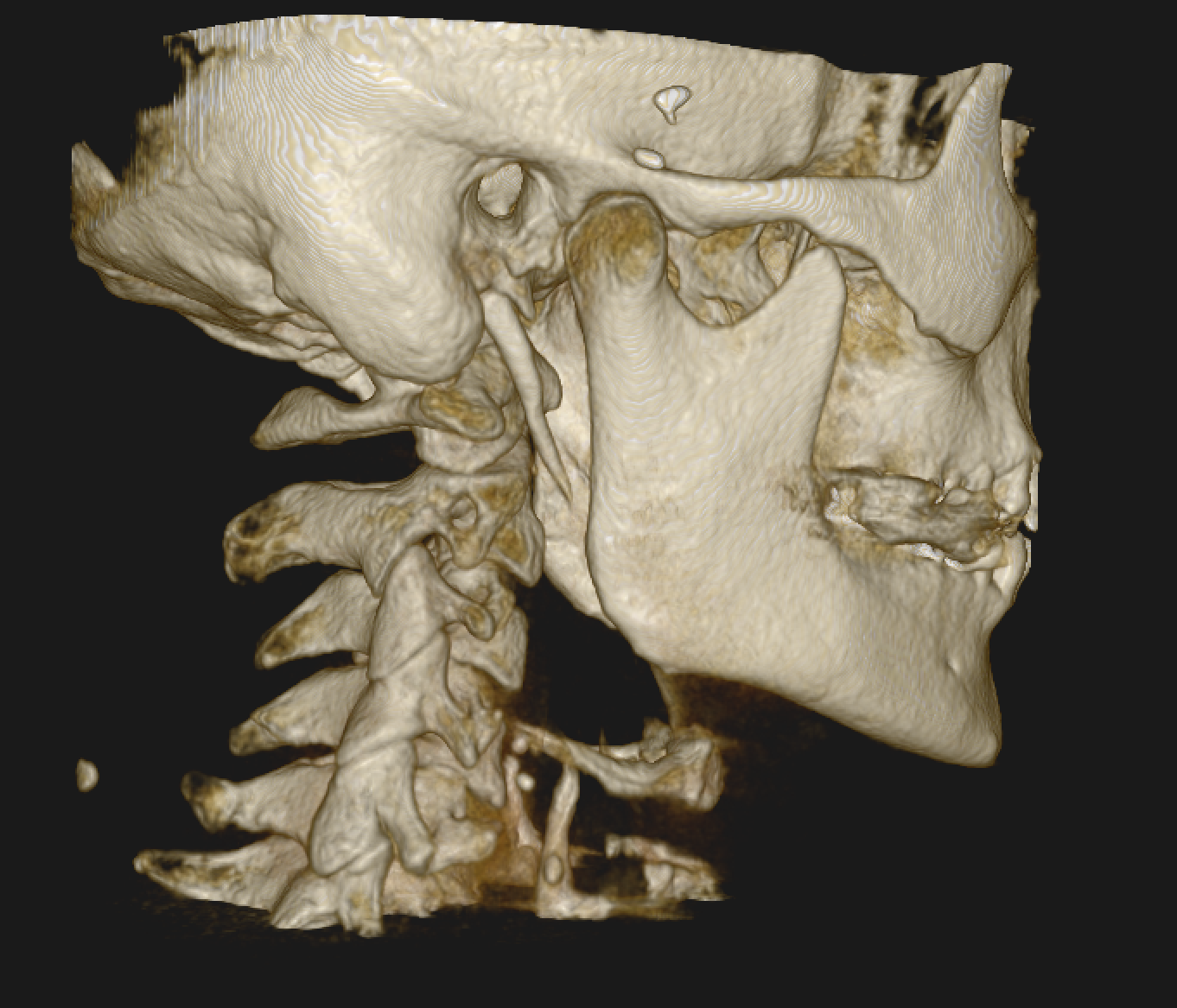
In the vast world of nutrition, carbohydrates often bear the brunt of scrutiny. From fad diets decrying them as the root of all weight gain to the media's tumultuous love affair with low-carb trends, it’s no wonder carbs get a bad rap. However, just as the spine is crucial to our structural well-being, carbohydrates are essential to our nutritional health. And here's where the worlds of nutrition and chiropractic care intertwine. Let's delve into the intricate dance of good carbs and chiropractic wellness.
What are Carbohydrates?
By downloading the Digital Patient Chart mobile app you can better control your patient portal.
At the most basic level, carbohydrates are the body's primary source of energy. They are broken down into glucose, which the body uses for everything from brain function to muscle movement. Carbs fall into three main categories:
1. Simple Sugars (Monosaccharides and Disaccharides): Found in foods like fruit (fructose) and milk (lactose).
2. Oligosaccharides: Short chains of sugar molecules, often used as sweeteners or for texture in processed foods.
3. Complex Carbohydrates (Polysaccharides): Found in foods like whole grains, legumes, and vegetables.
Good Carbs vs. Bad Carbs
Here's the crunch: Not all carbs are created equal. The difference lies in how fast they're digested and how they impact blood sugar levels.
- Good Carbs are typically whole foods that are high in fiber. They are digested slowly, leading to a gradual release of energy and a steady blood sugar level. Examples include quinoa, brown rice, vegetables, and legumes.
- Bad Carbs are usually processed and refined foods stripped of beneficial fiber and nutrients. They can cause rapid spikes in blood sugar. Think white bread, pastries, and sugary beverages.
The Connection to Chiropractic Care
Now, you might be wondering, "How does this relate to chiropractic care?" The answer lies in holistic wellness.
1. Energy and Posture: Just as good carbs provide sustained energy for our body's cellular functions, they can also fuel our musculoskeletal system. With the right energy levels, we can maintain better posture, reduce muscle fatigue, and potentially benefit from more effective chiropractic adjustments.
2. Inflammation: Bad carbs can lead to increased inflammation in the body, exacerbating joint pain and stiffness. Good carbs, particularly those rich in antioxidants like fruits and vegetables, can help combat inflammation. Regular chiropractic adjustments, paired with an anti-inflammatory diet, can promote optimal joint health.
3. Body Balance: A body nourished with the right kind of carbohydrates is better equipped to maintain its balance and stability. Chiropractic care focuses on ensuring the body's alignment; when combined with a balanced diet, it sets the foundation for overall health.
4. Recovery: For those undergoing chiropractic treatment after an injury, proper nutrition, including the intake of good carbs, can aid in quicker recovery. The energy derived from carbohydrates supports tissue repair and muscle function.
Final Thoughts
In the grand scheme of health, nutrition plays a pivotal role. Carbohydrates, especially the good kind, provide the backbone of energy our bodies need. Similarly, chiropractic care aims to maintain and restore the backbone of our physical structure. Integrating both—a diet rich in beneficial carbs and regular chiropractic adjustments—can pave the way for a life of wellness and balance.






Leave a comment